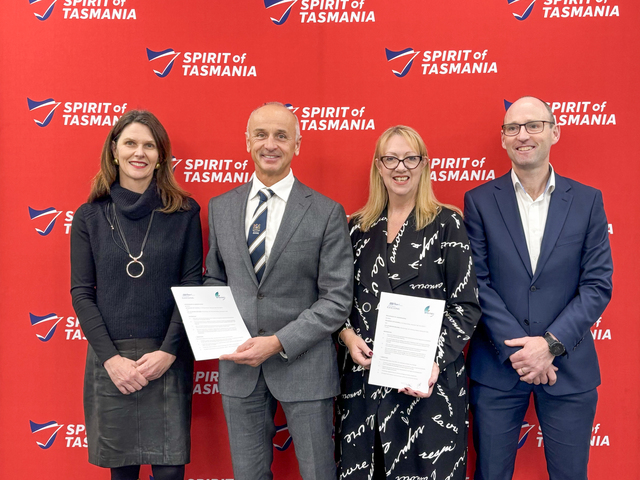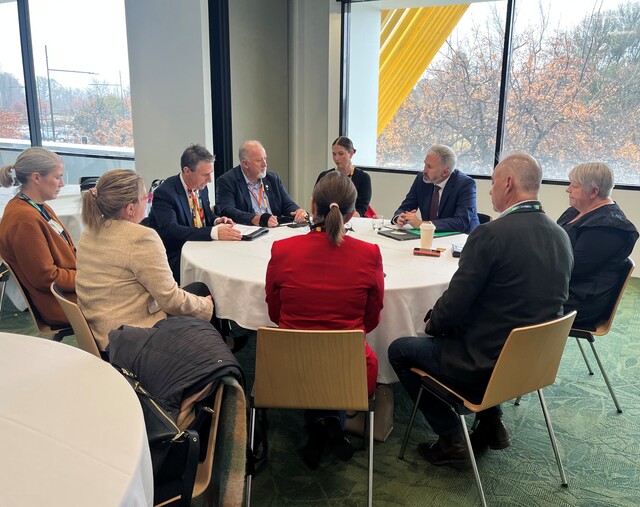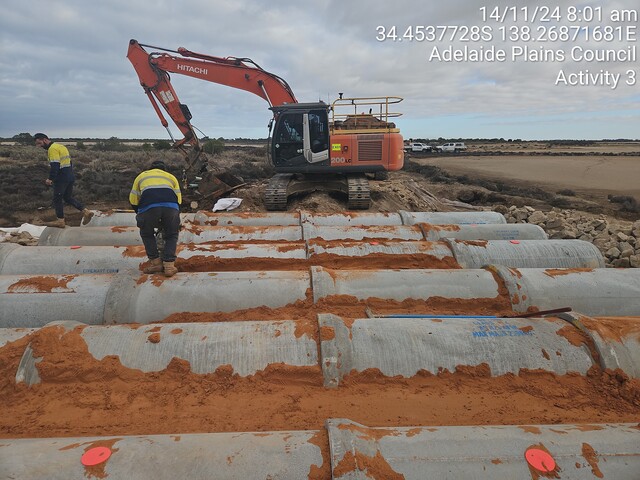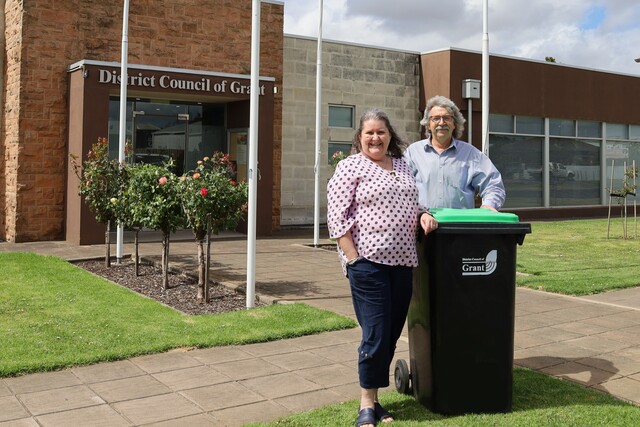Local governments across Australia breathed a collective sigh of relief on budget night as the Federal Government decided to reinstate local government Financial Assistance Grants (FAGs) indexation.
It’s been a long and gruelling three-year wait for councils – particularly those in regional and rural areas – who bore the brunt of the reduction in the vital, untied federal funding.
As discussed on our front page, flexibility is necessary when it comes to funding for local governments, so communities can harness the individual strengths of their regions.
In April the Productivity Commission released its initial report on regional economic transition – assessing the adaptive capability of regions in a post-resources boom Australia. Unsurprisingly, the report found that some regions are better placed to adapt to economic change than others; interestingly, it found that mining regions appear to be relatively resilient, rather, those reliant on manufacturing and remote regions are more at risk.
The Commission recommended a move away from “one-size-fits-all” thinking, which has been a pitfall of regional policy in the past.
The sheer diversity of Australia’s regions causes a major challenge for governments when devising policy that may work well in one region, but less so in others. A cohesive overall strategy is needed to knit various funding programs (City Deals, Regional Growth Fund, etc.) together, but it is also necessary to allow room for local governments and communities to take the lead and play into regional strengths.
In the days following the budget, Minister for Regional Australia and Local Government the Hon. Fiona Nash stopped by Broken Hill to release the government’s Regions 2030 – Unlocking Opportunity strategy, which claims the government will be trying to shift away from a one-size-fits-all regional mentality.
Regional Australia Institute Chief Executive Officer, Jack Archer, told LG Focus this looks like a “good first plank”, but is awaiting more detail and said flexibility of funding programs would be key.
Local governments, too, need to show strong leadership and prepare strong and considered projects, instead of simply scrambling to put something together come grant time.
The upcoming ALGA National General Assembly (NGA) and coinciding Regional Forum should help unpick the policy and highlight further examples of successful regional economic development. As usual, Local Government Focus will have a stand at the conference and we invite all interested readers to stop by and say hello.







